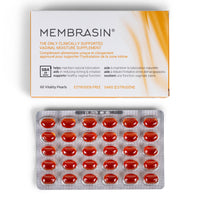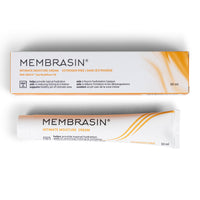Why Mental Self-Care Is Important and How a Little Bit Can Go a Long Way
Since the start of the Covid-19 pandemic in 2020, depression has been on the rise in America. Boston University research indicates that in the first year of the pandemic, depression rates tripled. They went from a considerably low 8% in 2008, to a staggering 28% in 2020.
Luckily, the practice of mental self-care has also been on the rise. Thanks to a greater awareness and respect for mental health, people are making more of a priority to care for their psychological well-being and pay closer attention to how they feel. American Psychological Association (APA) CEO Dr. Arthur C. Evans Jr., PHd admits that more people are getting treatment for mental health conditions and that, “these numbers highlight what we have been saying since the early days of the pandemic—we are facing a mental health tsunami.”
Although psychotherapists are getting flooded with more patients to care for, a positive side to this is that people are getting the help they need.
But engaging in mental self-care doesn’t have to consist only of regular appointments with a trained therapist. It can come in many various forms such as physical, social, emotional, and spiritual self-care. The National Institute of Mental Health (NIMH) defines self-care as “taking the time to do things that help you live well and improve both your physical and mental health.” It can be as simple as turning off your phone each night in order to meditate for 20 minutes. Or, it can be splurging on a gym or yoga membership to ensure you get your daily or weekly dose of exercise.
Either way, it’s important to keep in mind that mental self-care takes patience, practice and a certain level of commitment. Perhaps it’s also time to start thinking of self-care as more of a human need than an indulgence. Self-care today can be narrowed down to doing things such as getting a manicure or massage, but really, it’s so much more. Mental care doesn't have to be luxurious or cost money. It can be free and as simple as changing your mindset about the things that cause you stress.

So how do you start on your mental self-care journey? First, just realizing your mental well-being is important and wanting to do something to maintain it is a great step!
Next, ask yourself this question: do you believe you are engaging in activities and other things that benefit your mental health? If not, start with thinking about what makes you happy and more mentally resistant. Maybe it’s embracing a more positive and grateful attitude in life or maybe it’s cutting out toxic people from your life. Whatever it is, mental self-care should make your mind feel weightless, balanced and cleansed. For some people, consistently getting a good night’s rest is what they need to start on their mental self-care journey. Afterall, if you can’t think straight or function because you’re running on no sleep, other forms of self-care will be useless.
As Elizabeth Scott says in her article in verywellmind.com,“hitting the gym once in a while won't relieve much stress if you're not regularly fueling your body with healthy, nutrient-dense food. You need to take care of your basic needs first if you want your stress relief activities to be effective.”
So, start with the basics like eating healthy, getting regular exercise, getting enough sleep and cutting out other unnecessary stressors from your life if possible. That’s a great way to stay mentally healthy and a nice segway into deepening mental self-care practices later on.



